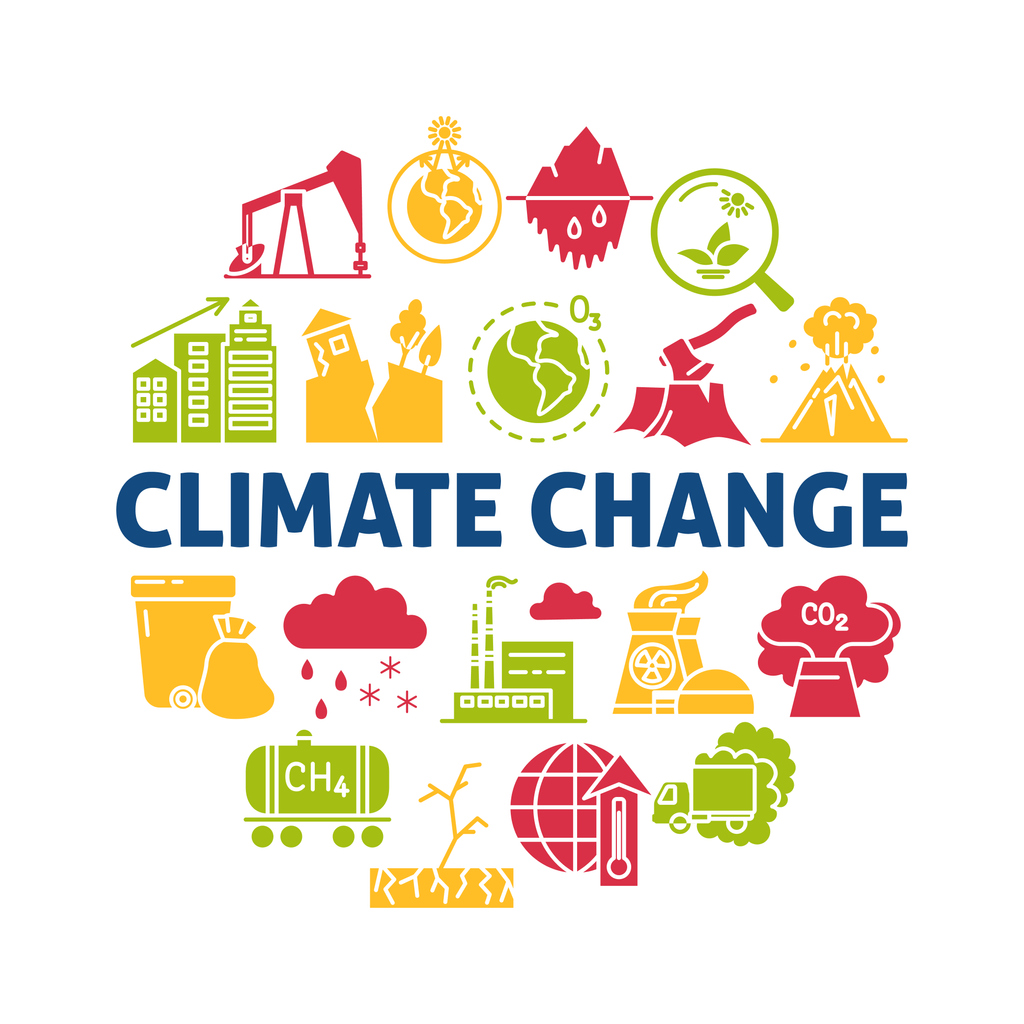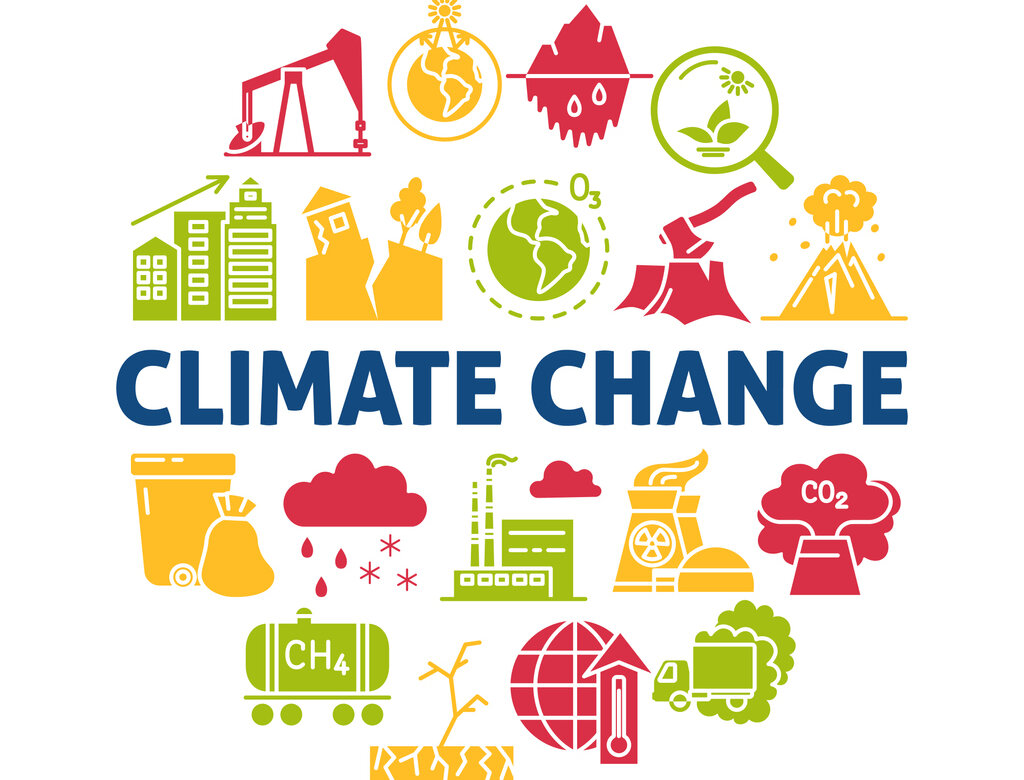Laudato Si Revisited: Synodality and Climate Change
John Madigan, The Ottawa Valley
Volume 37 Issue 1, 2 & 3 | Posted: April 5, 2022

On January 27, 2022, some 170 people tuned in to a Zoom presentation, by Rev. Sean McDonagh, in Ireland, on the topic of Synodality, the Parish and Climate Change. The event was organized by the Association of Catholics in Ireland (ACI) and supported by the Association of Catholic Priests, (ACP).
Father McDonagh, a Columbian Missionary, has been an environmental campaigner since shortly after his ordination in 1969. He has written ten books, hundreds of articles and spoke at innumerable events on matters related to ecology and climate change. Pope Francis tapped his knowledge and expertise when preparing Laudato Si, the encyclical on “care of our common home”.
While he was teaching an anthropology course in the rainforests of the Philippines during the 1970s, his interest in ecology and justice was awakened. He saw very poor people being taken advantage of by the rich and a lot of the focus of the Church was on justice and peace because so many people were losing a number of their rights. He was awed by the amazing diversity of the rainforests but was shocked at the destruction by the huge logging industries.
In his early seminary and priestly formation, he was excited by the wonderful reality of Vatican II and how it brought the Church into the 20th century. But the Council documents showed no concern by the Church about the devastation of the environment despite Rachel Carson’s book Silent Spring (1962) about the dangers to humans and the earth posed by the indiscriminate use of pesticides.
The United Nations established The Intergovernmental Panel on Climate Change (IPCC) in 1988. Its purpose was to assist policymakers to develop strategies on climate change by providing regular scientific assessments. In its early days scientists were alerting us that climate change is happening because of what humans are doing in burning fossil fuels. But they were up against some of the most powerful industries in the world promoting the production of coal, oil, and gas, and they have always endorsed a very inimical view of the scientific findings on climate change saying, “Yes, there is some impact, but it is extremely light”.
Over the years the IPCC has published regular studies, but the Catholic Church showed very little interest until COP 21 held in Paris in 2015. (COP is an acronym for ‘Conference of the Parties’ and the ‘21’ means this was the twenty-first time the countries who are signatories to the convention got together.) Laudato Si, though very much a part of the conversation at COP 21, is an encyclical Catholics know very little about and the bishops were slow to take up the gauntlet when it was written.
Countries were committed to keep the average global temperature no higher than 1.5 degrees Celsius above pre-industrial levels. Yet at COP26 in Glasgow in November 2021, if we add up the blizzard of non-binding promises by nations regarding deforestation, methane gas emissions, coal use, and renewable energy, the result would be an increase of 2.4 to 2.5 Celsius degrees. A FAILURE TO MEET THE TARGET! That will be a disaster for many countries, particularly island nation countries. Many of them would disappear if the sea levels rose one metre or more.
Imagine what that would do to many of the cities on the coast of Ireland, England, or the US, just to name a few? At the moment we are 1.1 degree above the pre-industrial global temperature so it is imperative that we strive to reduce our greenhouse gases, or the warming trend will continue. To achieve this goal, we need to cut by 50 per cent by 2030 and by 2050 we must be neutral. Therefore, we must look at all of our societal systems, transportation, agriculture, manufacturing, heat and light, etc.
This is a matter of global justice. It is the developed western nations, representing only about 15 per cent of the world’s population, who have been the biggest consumers of coal, gas, and oil. Yet, if the seas rise, it will be the poor countries that will be most affected.
For example, Bangladesh, with a population of 166 million, one-fifth of that country will be underwater. At Glasgow, one of the leaders of one of the island nations said, “My country could be gone in forty years!” Yet, he has very little resources to prepare for such a calamity and depends on wealthy nations to assist him. But in Glasgow no money was put on the table to respond to such needs.
SYNOD
So, how does one link this issue of climate change to the current synodal process happening in the Catholic Church? We know that in advance of the Synod in Rome in 2023, Pope Francis is requiring every bishop to provide opportunities for the laity to contribute to the preparation of the Synod agenda to discern the future of the Church. A focus on climate is a vital issue, a matter which concerns all of us and we all need to contribute to the solutions. How do we make an effective contribution?
It would be most appropriate to make this issue part of the synodal discussions. Moreover, it is our responsibility to participate in the mission of the Church and as members committed to reform and renewal in the Church, we must do more than just talk about the issues around climate change. We need to be doing something about it in our homes, our personal lives, and our communities.
This is not something the parish priest can lead, especially if his seminary training had no more science than they traditionally had. This will require tapping the resources and expertise of local specialists. It will require all of us to reduce, reuse, and recycle, and to change our habits of extravagant consumption. It will require substantially decreasing our use of fossil fuels, retrofitting our homes and churches to make them more energy efficient, changes to our lifestyles and practices in our own lives. Less driving and more walking and biking.
It will require that we intentionally organize ourselves; perhaps a community committee and lead coordinator to help us keep focused for the long haul. We will need to read, research, and discuss, invite speakers, and share resources to help us grasp and understand the topic.
The reality is that everyone is going to have to deal with this. It is not just a Catholic issue. We will need to work with other churches in order to address this as a community. How do we deal with retrofitting all of the monstrous churches in our communities? Do we need a church for each denomination? Indeed, the Covid pandemic may have shown us other alternatives.
Father McDonagh suggested that an excellent resource to start with is the encyclical, Laudato Si. He said in his opinion it is the centre of Pope Francis’; ministry and is the most important document published by the Catholic Church in the 21st century, and probably for many years before that.
It makes it very clear that climate change is happening, that it is a moral issue, and that there is scientific consensus on the question which cannot be denied. We are called to urgent action now!
John Madigan, The Ottawa Valley

